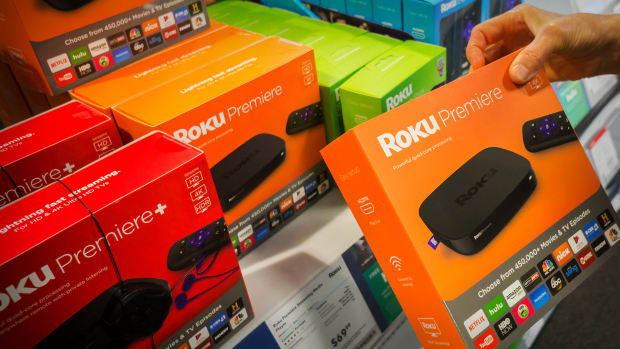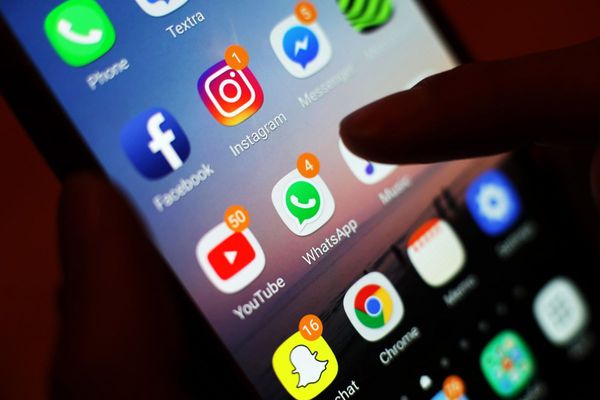A potential deal between Netflix (NFLX) and Roku (ROKU) sent shares of both companies higher. That's likely because investors see the synergies between the two companies -- Netflix makes content and Roku distributes it -- but this acquisition would actually rob Roku of its biggest advantage.
Currently, Roku does not produce content in a meaningful way. It has plans to do that in a small way, but it's not going to produce content that competes with the many companies whose television shows and movies it distributes.
That's not something that can be said about Apple (AAPL) or Amazon (AMZN). Both of those companies create high-end television shows and movies which directly compete with the brands distributed on their streaming players.
Not being in the content game has been a distinct advantage for Roku and to a lesser extent Alphabet (GOOGL). It's easier to make deals to distribute content when you're doing so on an equal merit-based basis. Once you start creating your own content like Apple and Amazon do, every potential partner will question whether you will favor your shows and films over theirs.

Shutterstock
A Small Problem for Apple and Amazon Could Be a Big One for Roku
Apple and Amazon produce content but only in relatively small quantities. Both companies have had a few shows break through to a wide audience, but neither can really be considered a deterrent from someone who wants to subscribe to any of the many streaming services offered on their platforms.
Netflix can't say that. It produces a huge amount of content and it's hard to imagine it would not use its ownership of Roku to get more eyeballs on its slate of shows and movies.
That could make it harder for the hardware part of the combined company to make favorable deals with content providers. Why would Walt Disney (DIS), for example, want Disney+ to play second fiddle to Netflix's own content unless it was able to make a more favorable deal? That same logic applies to lots of other content providers which might take a more favorable view of Amazon's Fire family of streaming players along with Apple TV since those companies have much less content to rival what their partners offer.
What Does This Mean for Netflix and Amazon Stock?
The question for Netflix is whether it could make more money by promoting its content to Roku users than it loses by being forced to make less-favorable deals with content providers. No major content company can afford to not be on the Roku platform, but the streaming giant may lose leverage and some companies looking for a streaming platform might opt for Google's, as it will be the last major streaming hardware company that's not in the content game.
Netflix buying Roku would likely be a small benefit, perhaps even a large one for Amazon's Fire devices. Roku and Amazon offer very similar products, but a Roku device dominated by Netflix content may be less attractive to consumers.
Owning Roku would likely be a net positive for Netflix as Roku has about 60 million active customer accounts (with many of those customers having more than one device). The company would have to be careful about not turning the Roku devices into Netflix players, but if it managed that process well, the benefits in both adding and retaining subscribers should outweigh any negative perceptions of the brand caused by Netflix's ownership.
Amazon Fire devices will likely become a more attractive option for some consumers, but it's hard to see that having a material impact on the company's share price. Apple and Google may also pick up customers, but the same logic applies when you consider impact on stock prices.







